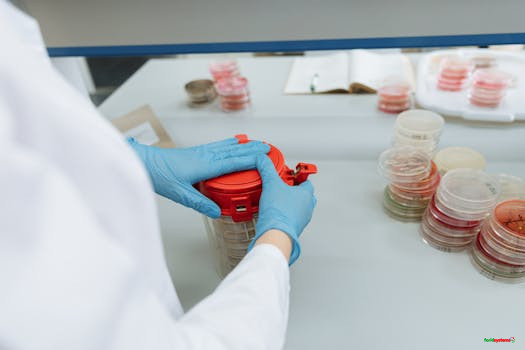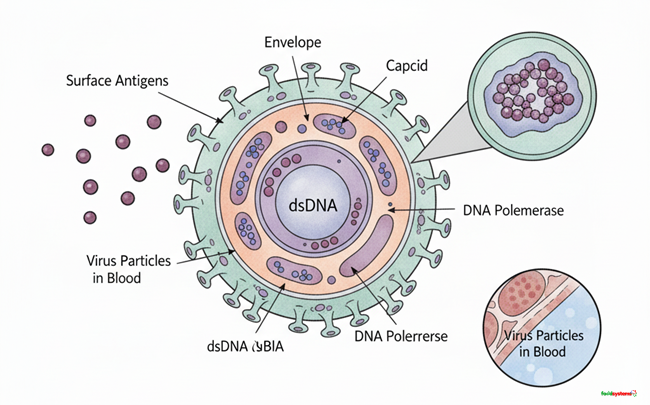Most African Food Businesses Fail Because They’re Solving The Wrong Problem
Building a sustainable food business in Africa’s complex ecosystems is fraught with unseen risks. Without a clear map of the system and a validated model, even the best intentions remain futile because:
- You’re investing in training, certifications, and equipment – but your business model is fundamentally broken.
- You have no clear picture of regulatory or value-chain bottlenecks – just symptoms you keep trying to fix one at a time, therefore wasting resources on solutions that don’t address the root cause.
- You’re copying solutions from Europe or Asia that don’t fit your local value chain, infrastructure, or market, therefore, lack of internal buy-in and capacity for change.
You need someone who understands African food systems deeply, speaks the language of business sustainability, and can show you the problem-solution fit before you waste more resources.
Microorganisms of Food Safety Concern
Better understanding of the causative agents of spoilage and poisoning in food is the foundation to food safety. Here are the most common bacteria and parasites of food safety concern 1. Staphylococcus aureus (Staphylococcosis) Staphylococcus…
Food-Borne Viral Infections: Diagnosis & Control Measures
Foodborne viral infections are caused by viruses that can contaminate foods during all stages of the food supply chain. The most common types of foodborne viral infections are noroviruses and hepatitis A virus (HAV). Rotavirus…
Diagnosis, Treatment & Control of Common Food-borne Diseases
Foodborne diseases are caused by contamination of food and occur at any stage of the food production, delivery and consumption chain. They can result from several forms of environmental contamination including pollution in water, soil…




